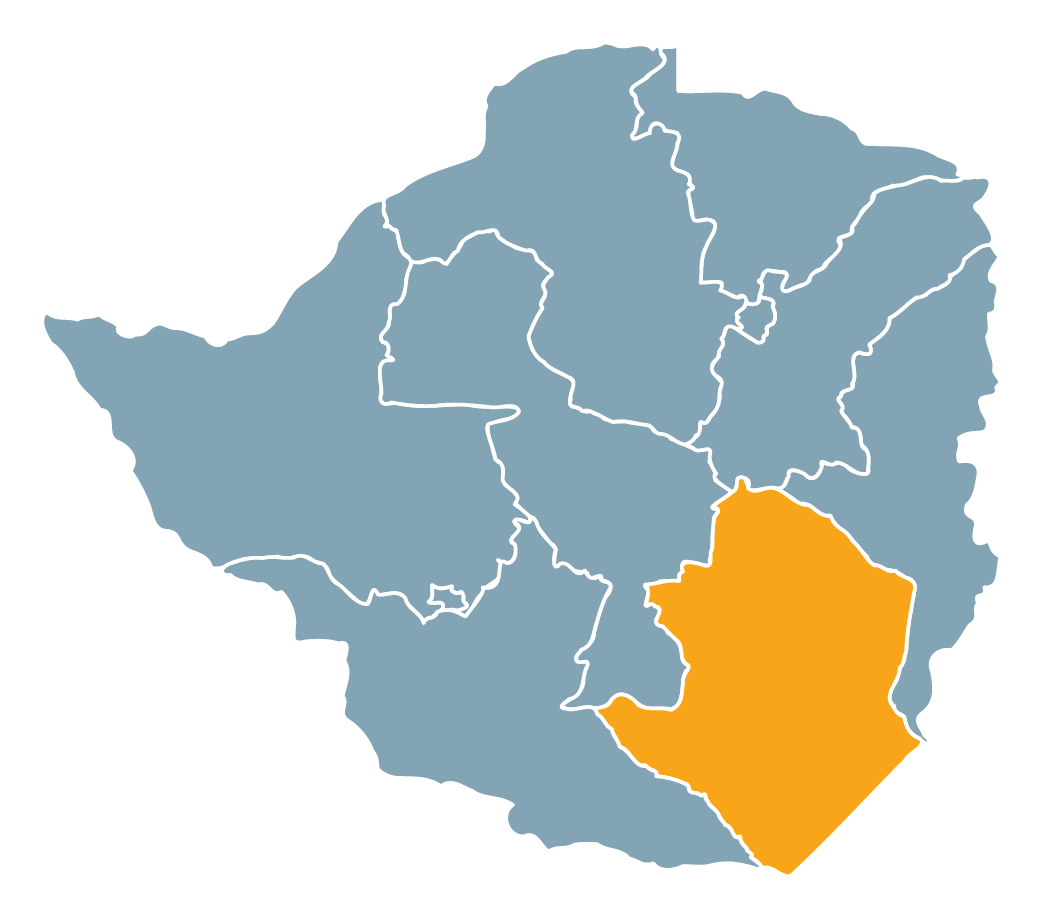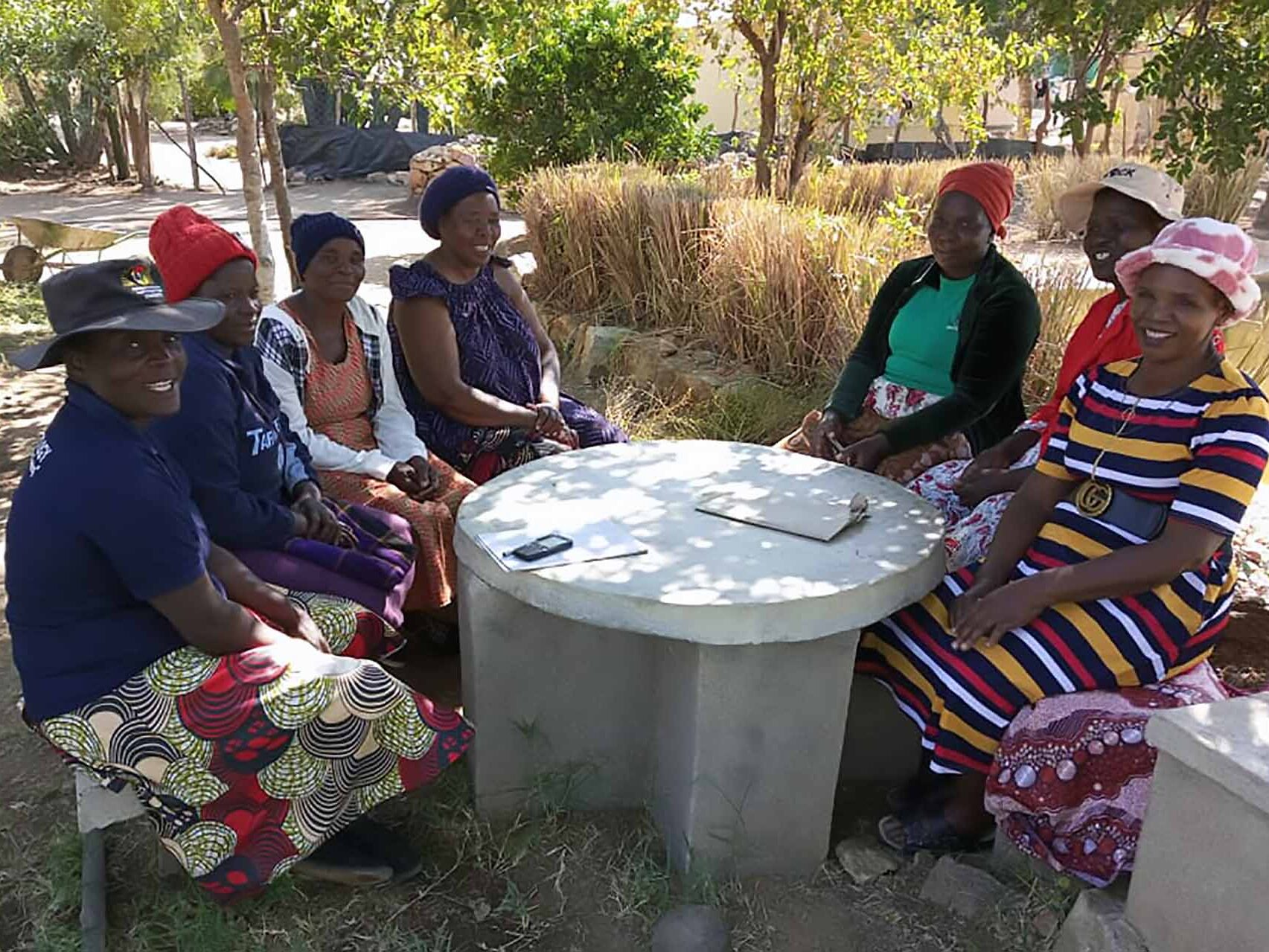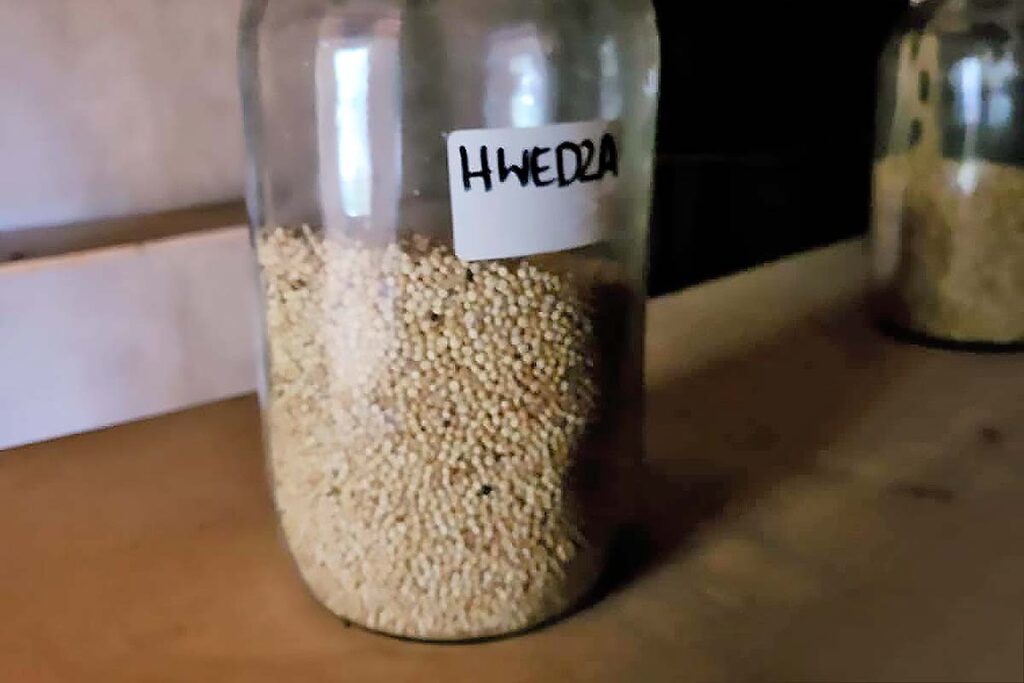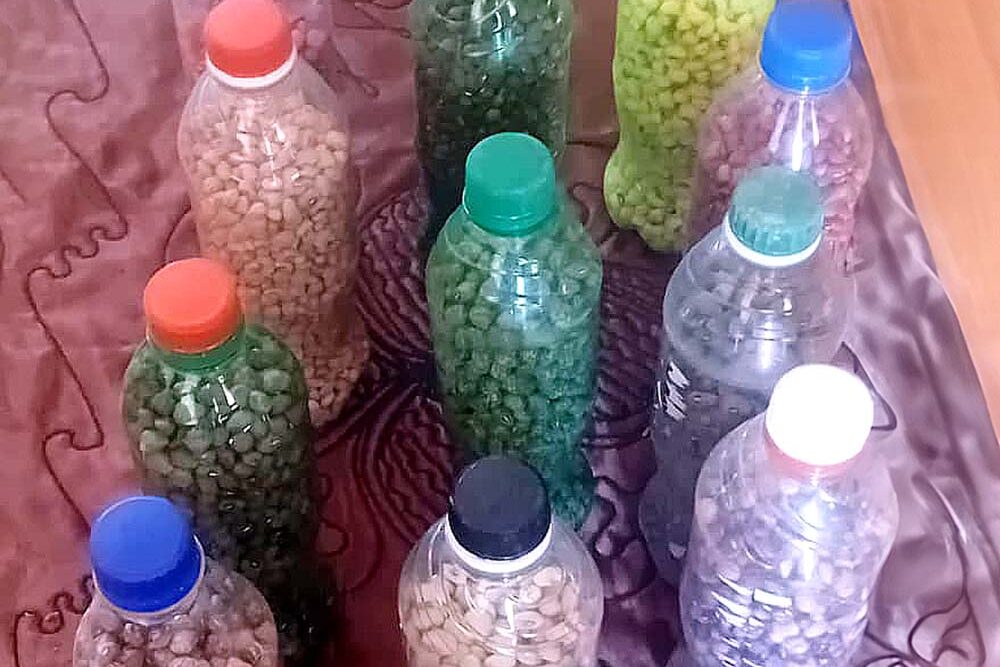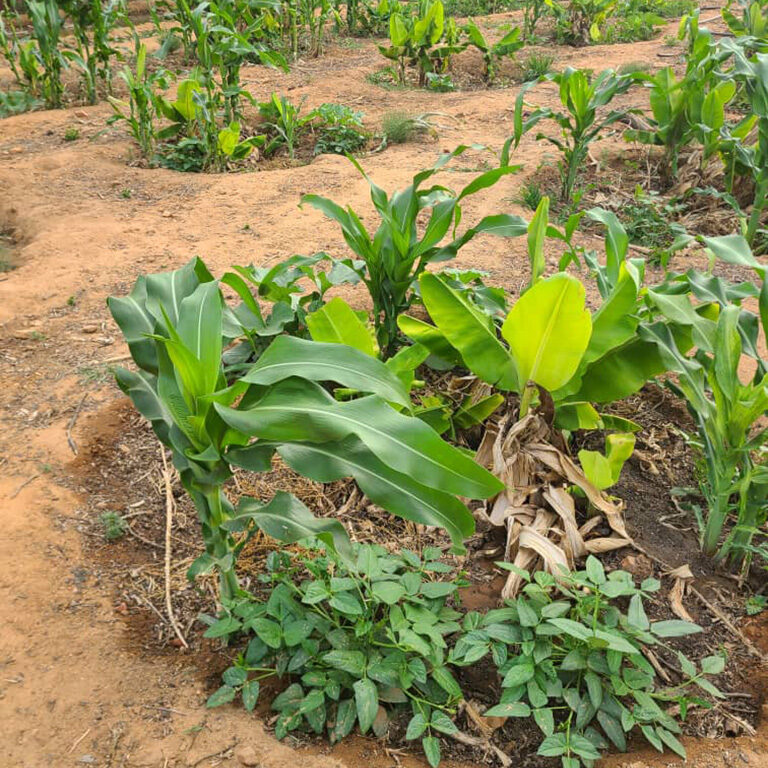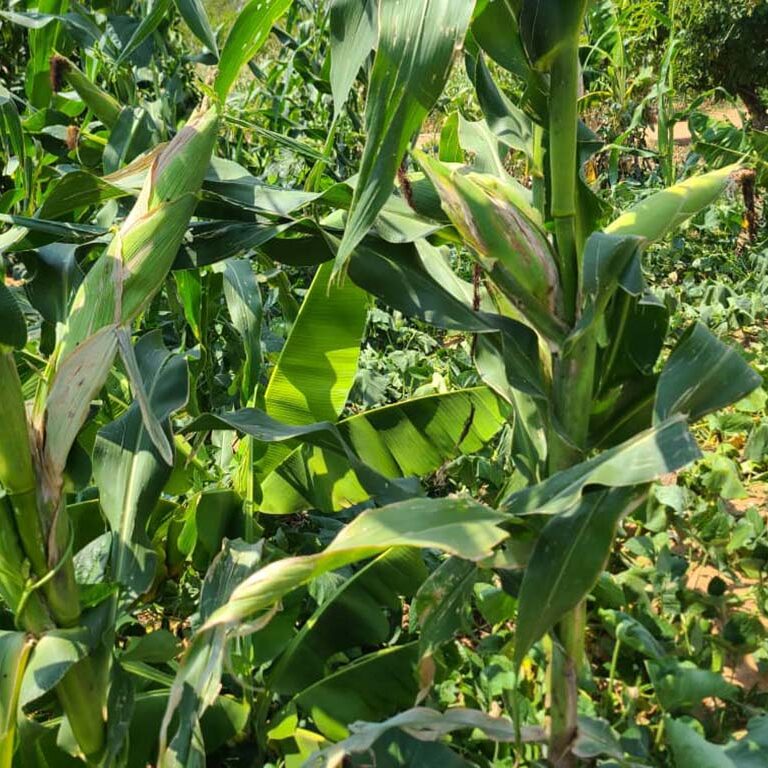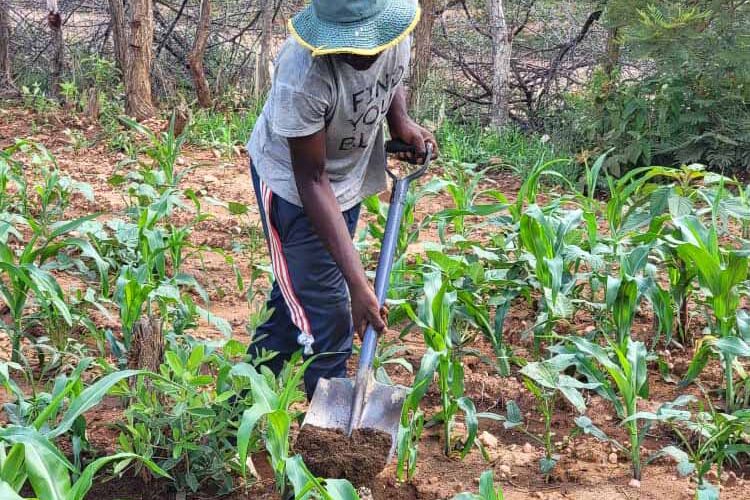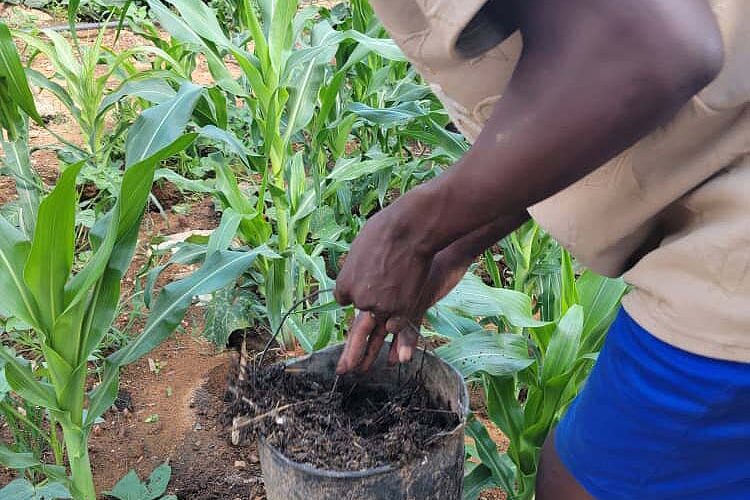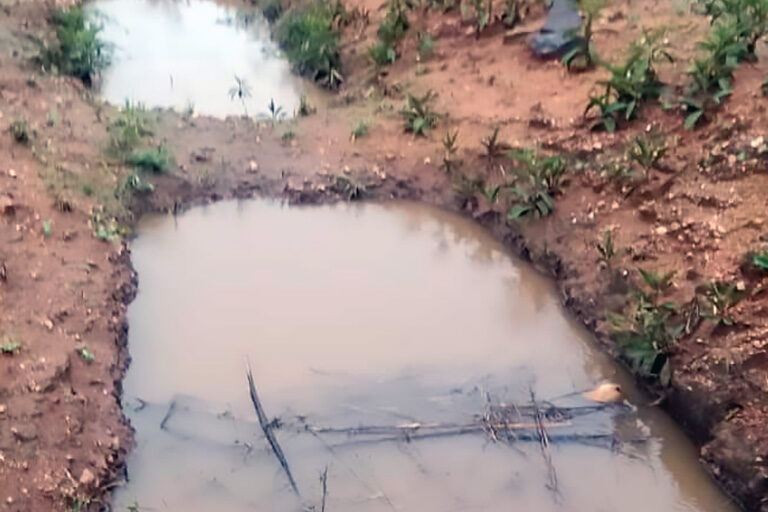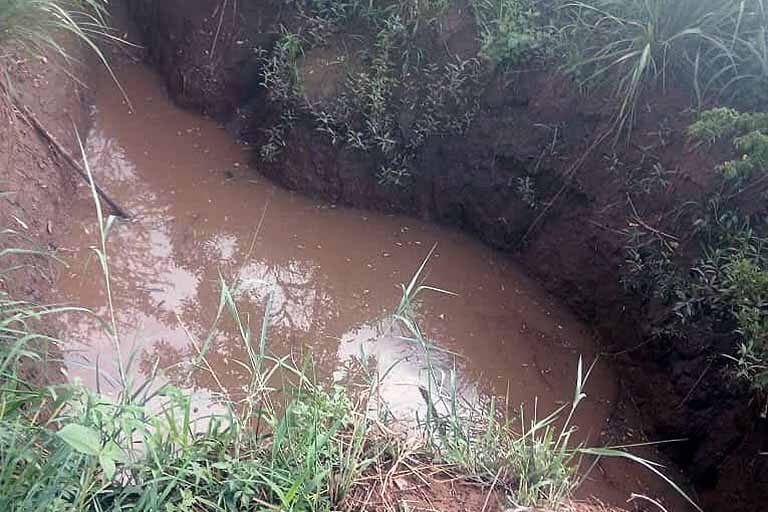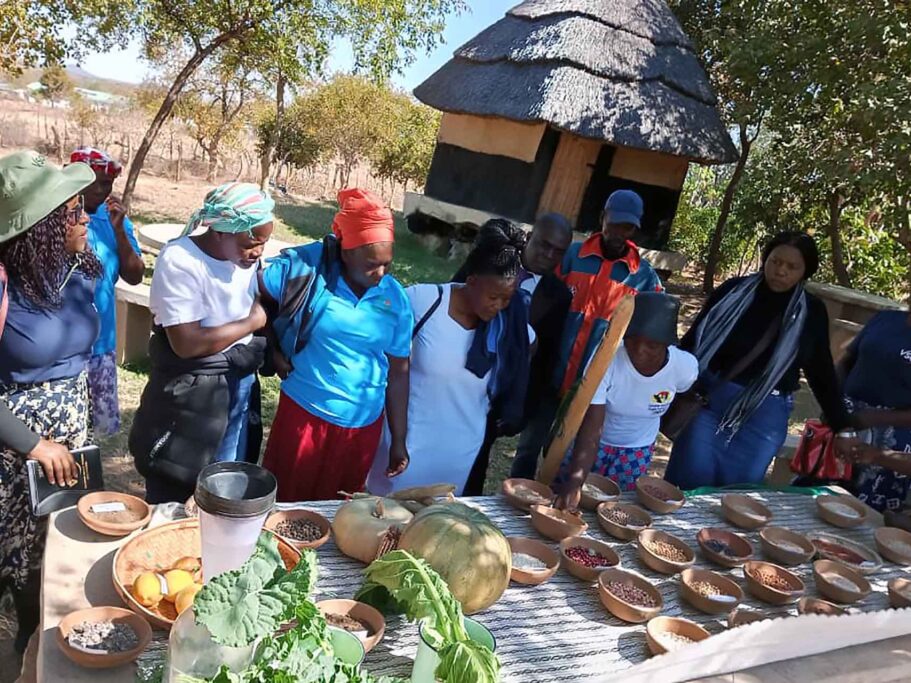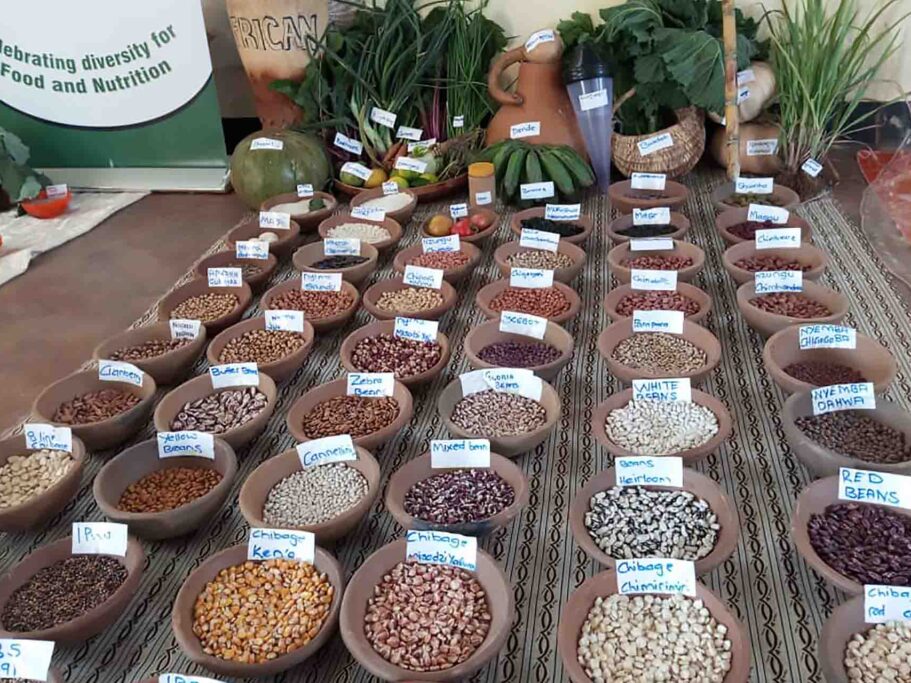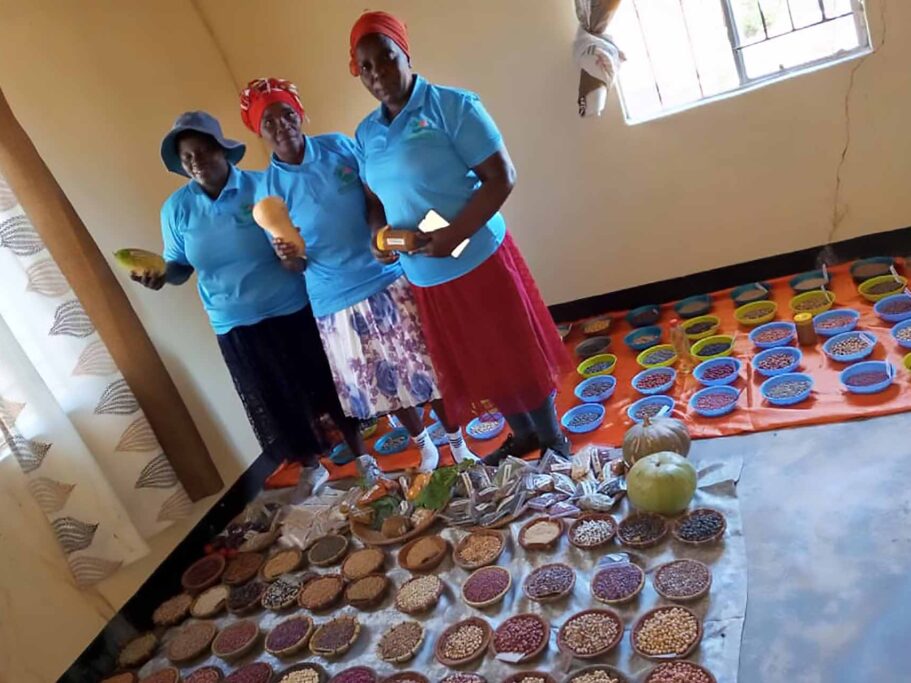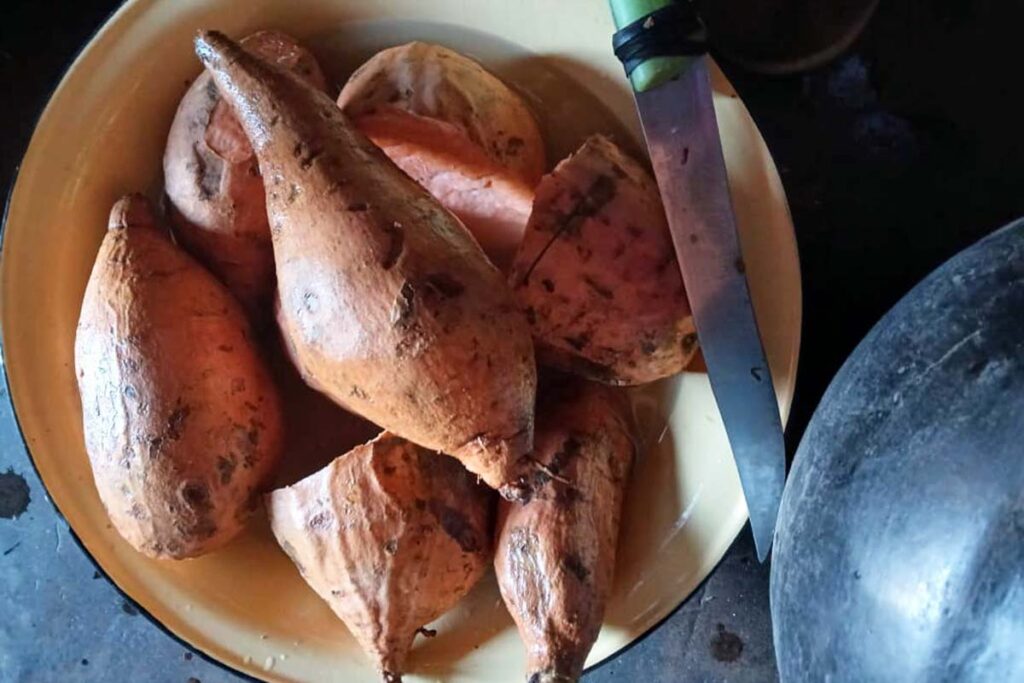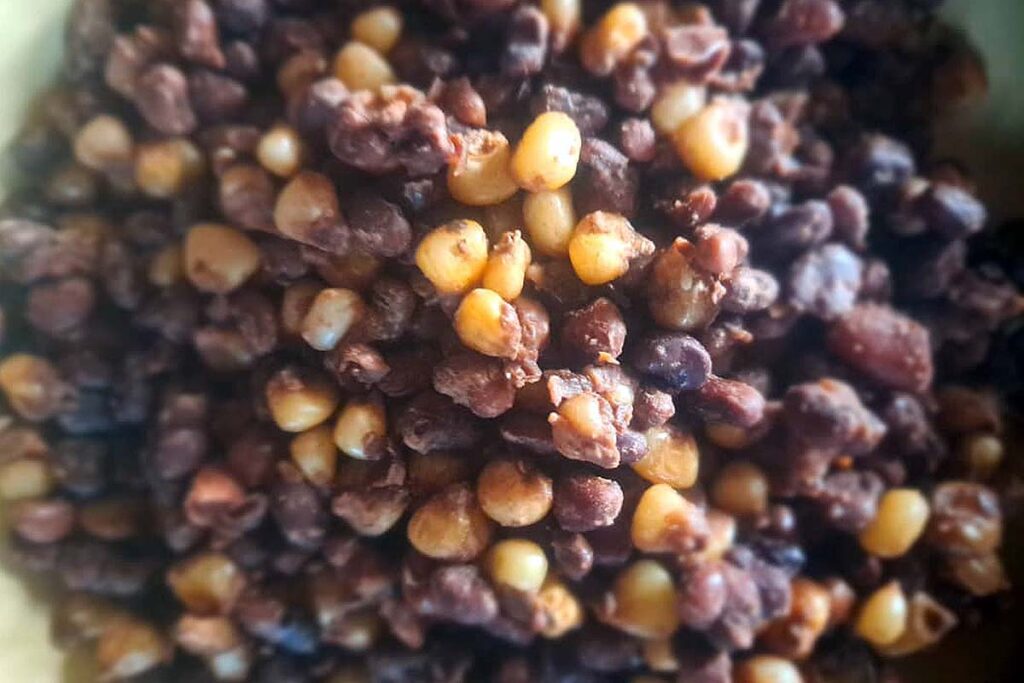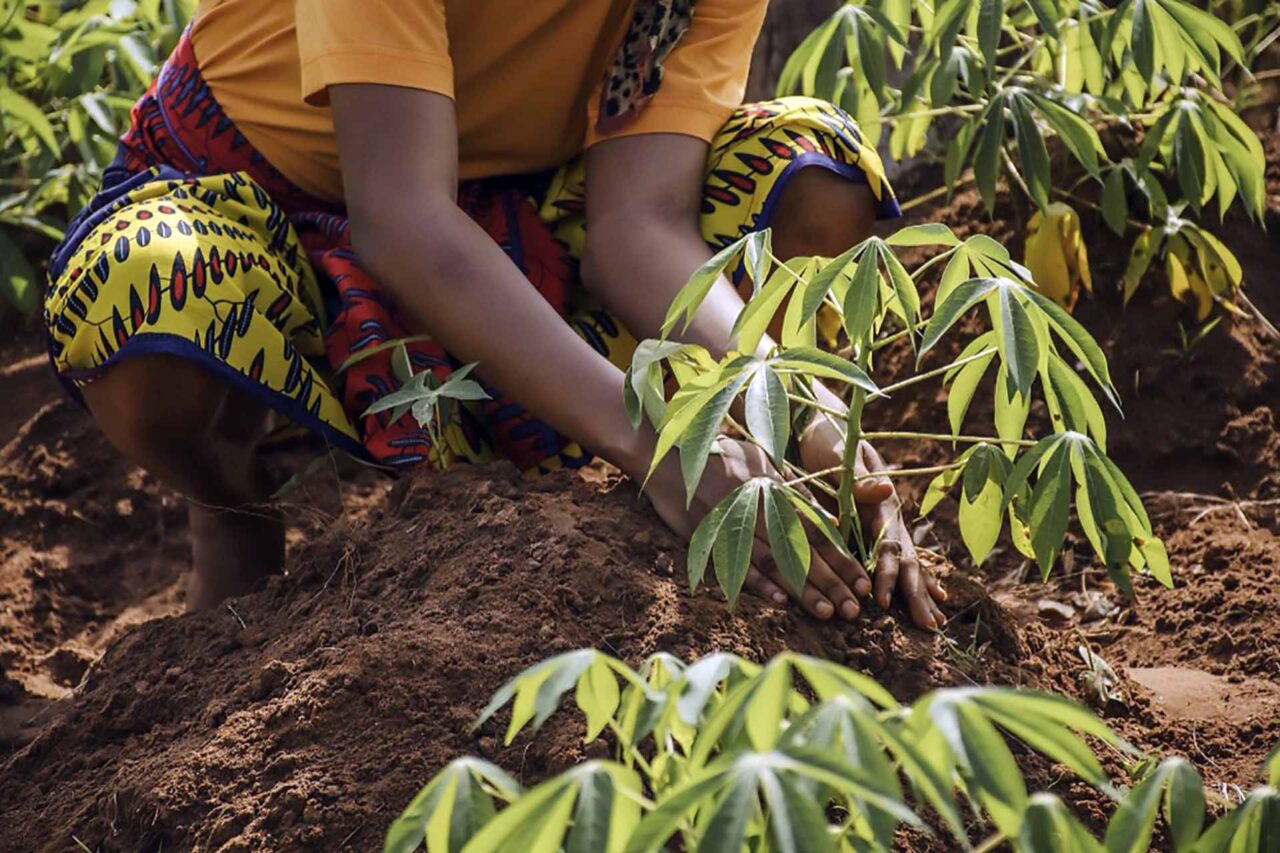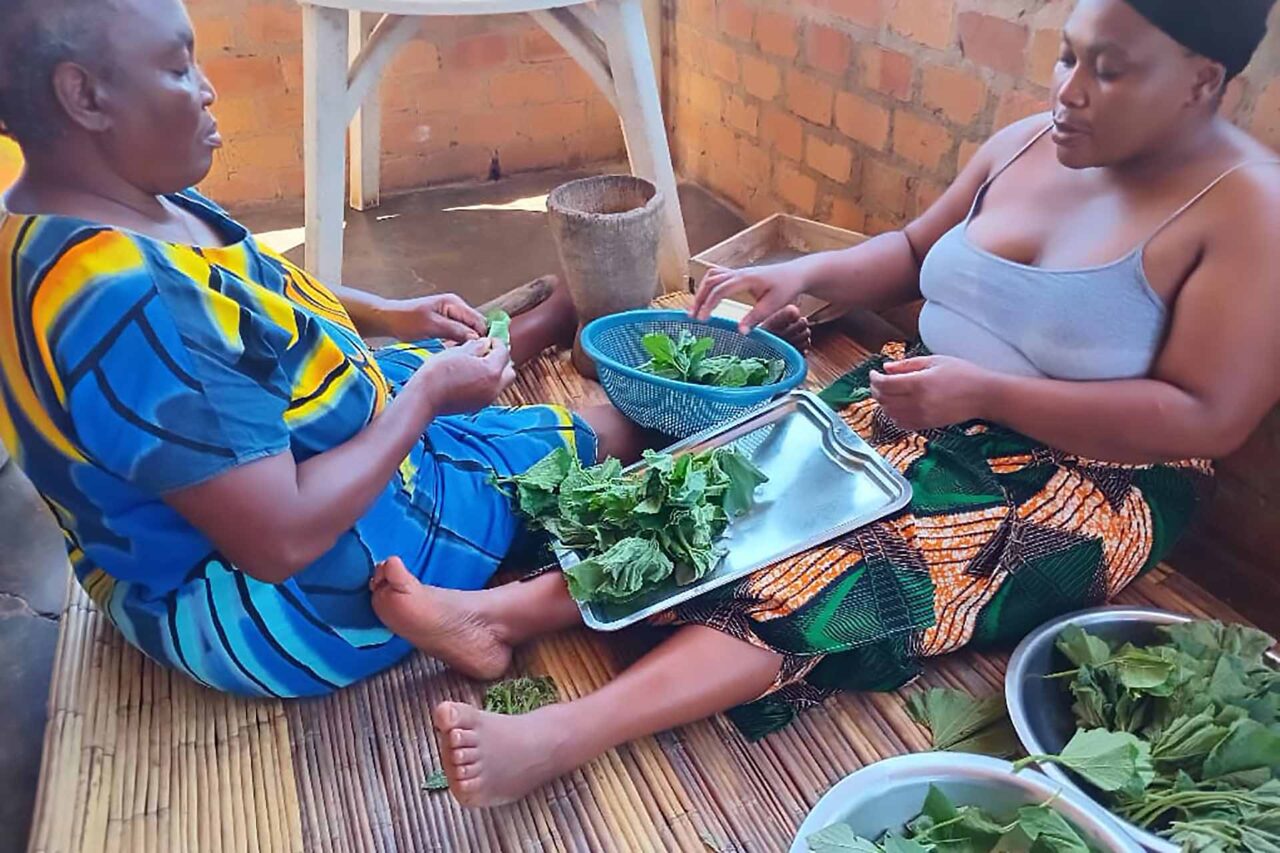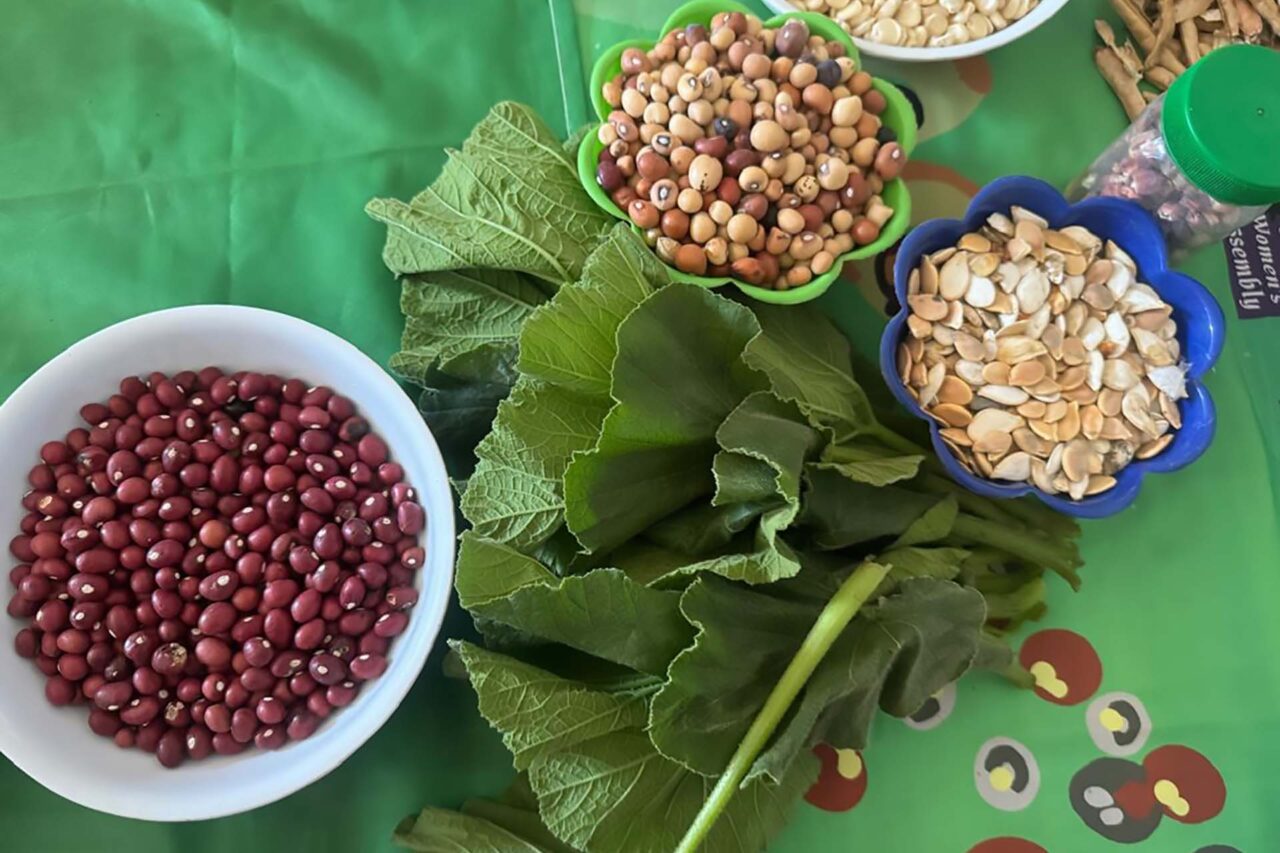In Shashe District, located in the dry Masvingo Province of Zimbabwe, women have shown remarkable resilience in the face of challenging climatic conditions. They have adopted agroecology practices to combat the adverse effects of climate change and ensure food security for their families and communities.
Agroecology involves sustainable farming practices that work with nature to improve soil health, conserve water, and increase biodiversity. Women in Shashe have embraced techniques such as zero tillage, which minimizes soil disturbance, and the use of drought-resistant crops like sorghum, millet, and cowpeas.
These practices help maintain soil fertility and reduce the need for chemical inputs, making farming more sustainable and less labor-intensive.
Additionally, the community has established the Shashe Agroecology School, where farmers share knowledge and learn about water harvesting, seed sovereignty, and organic soil management.
Agroecology involves sustainable farming practices that work with nature to improve soil health, conserve water, and increase biodiversity. Women in Shashe have embraced techniques such as zero tillage, which minimizes soil disturbance, and the use of drought-resistant crops like sorghum, millet, and cowpeas.
These practices help maintain soil fertility and reduce the need for chemical inputs, making farming more sustainable and less labor-intensive.
Additionally, the community has established the Shashe Agroecology School, where farmers share knowledge and learn about water harvesting, seed sovereignty, and organic soil management.
